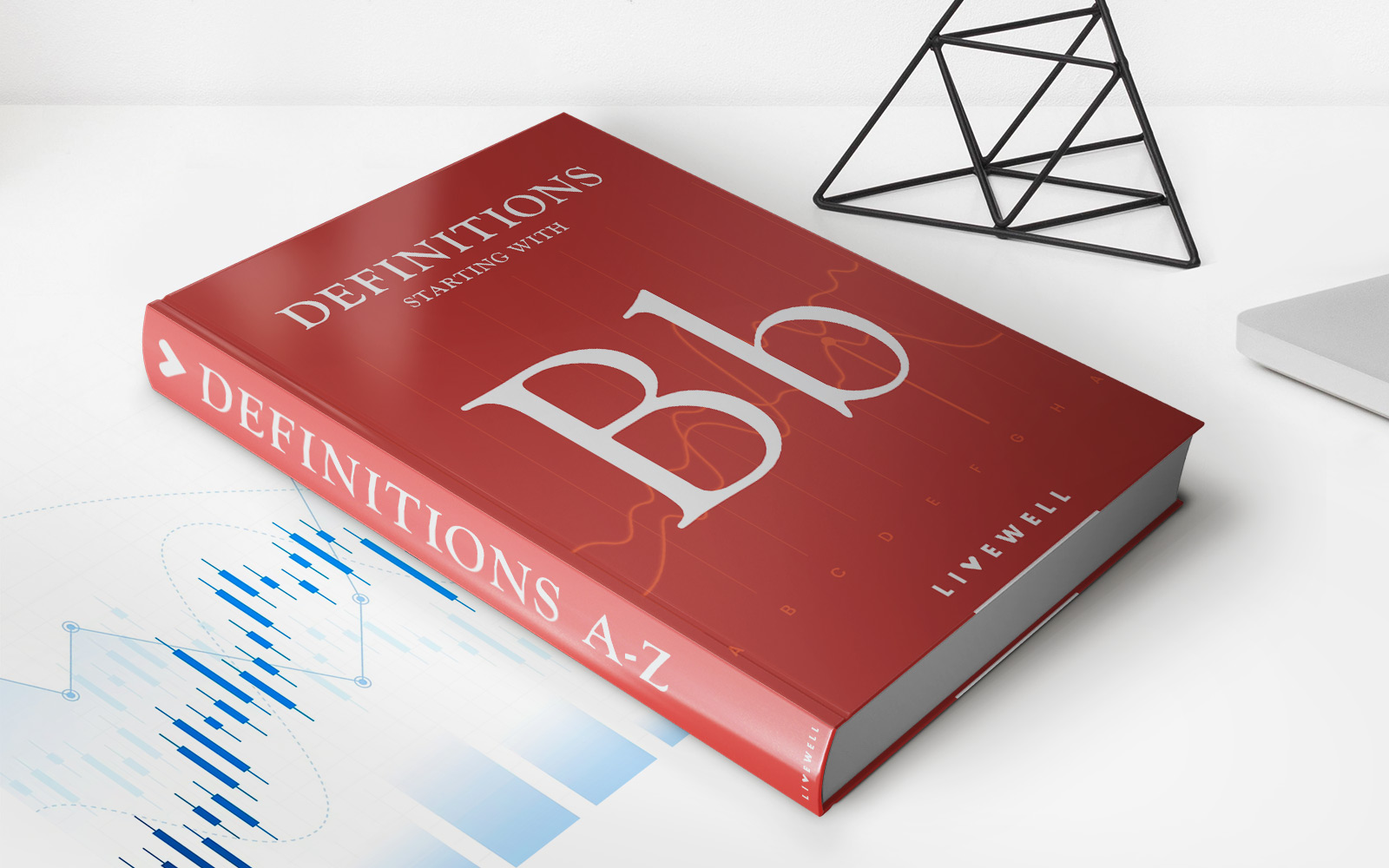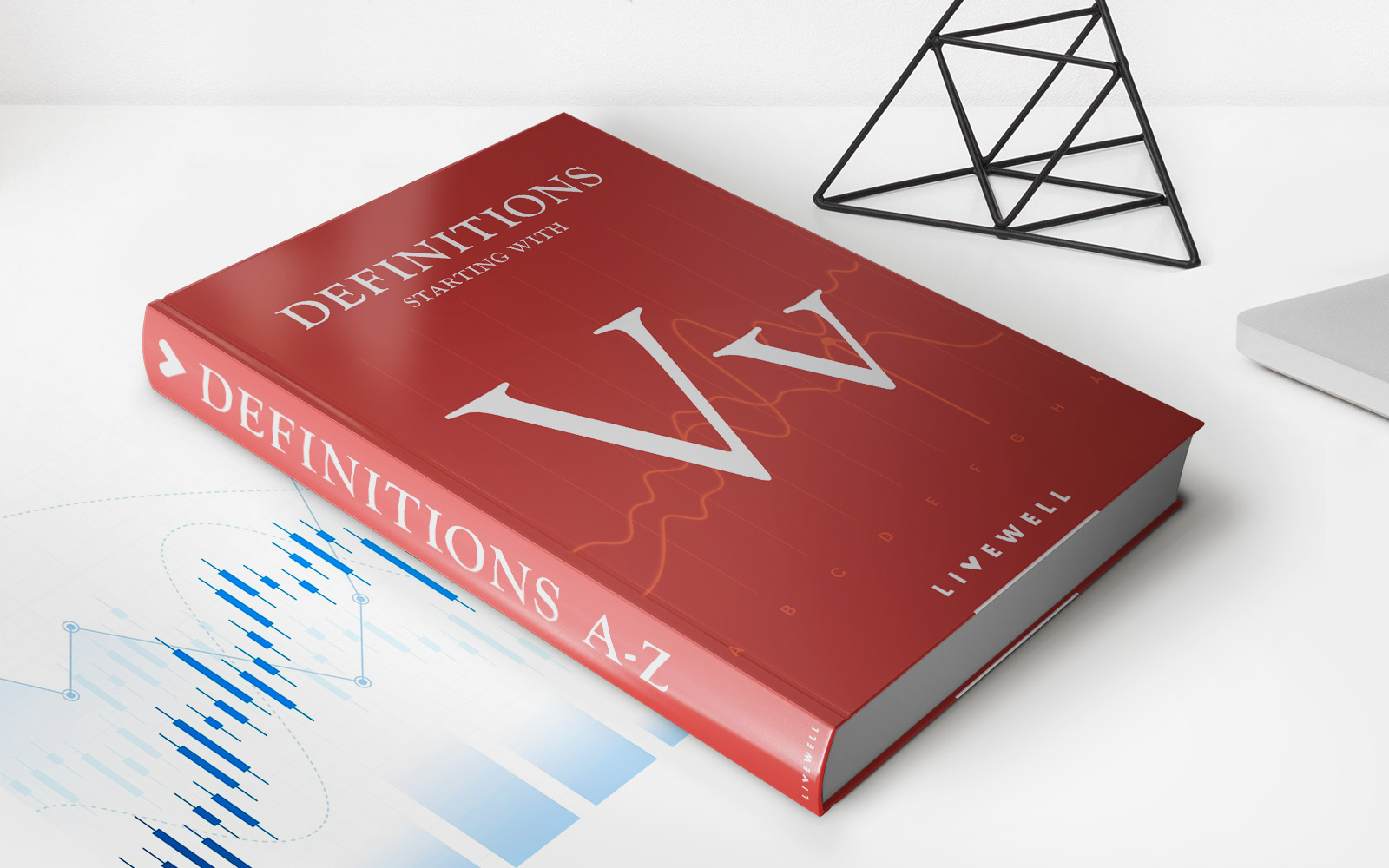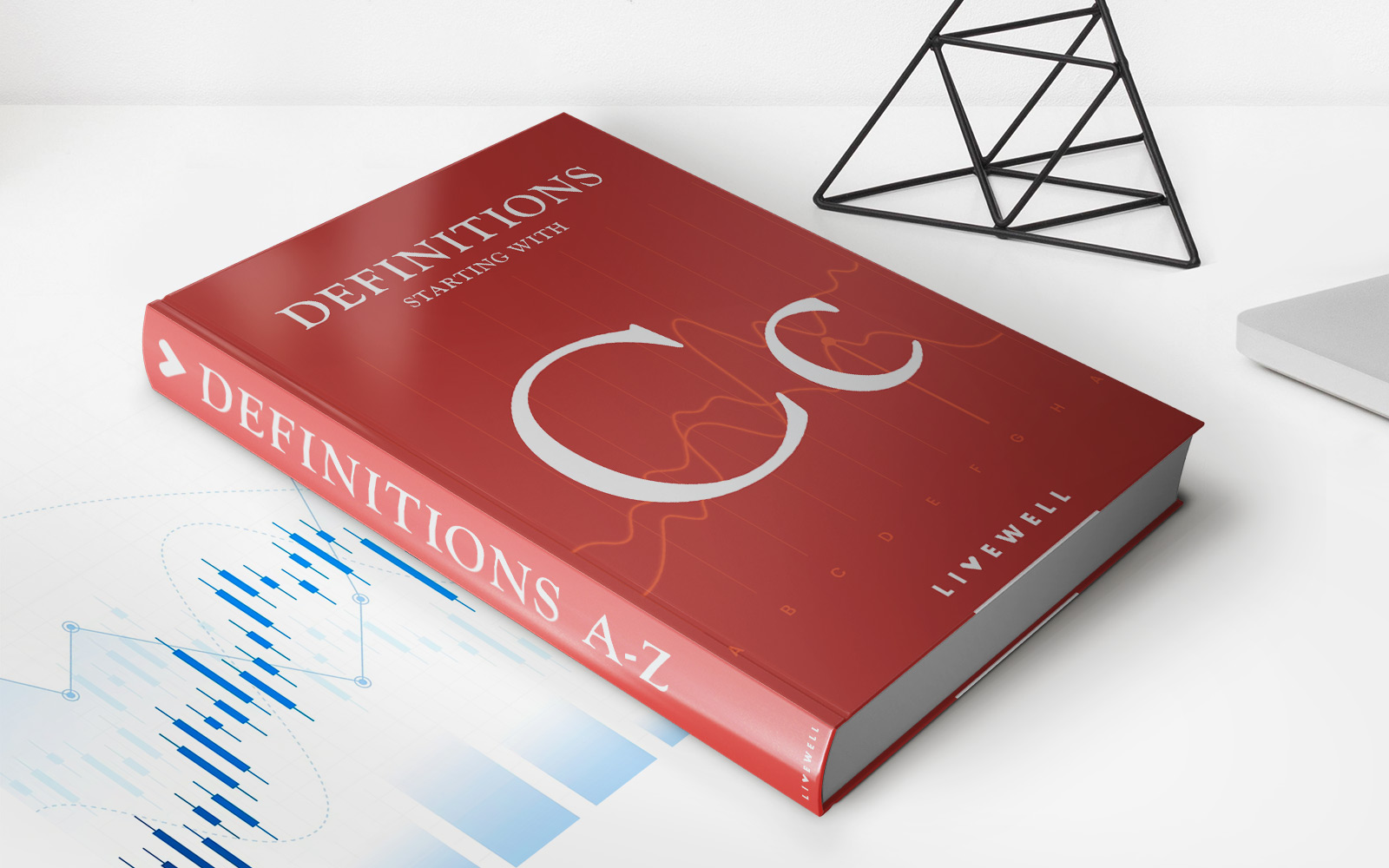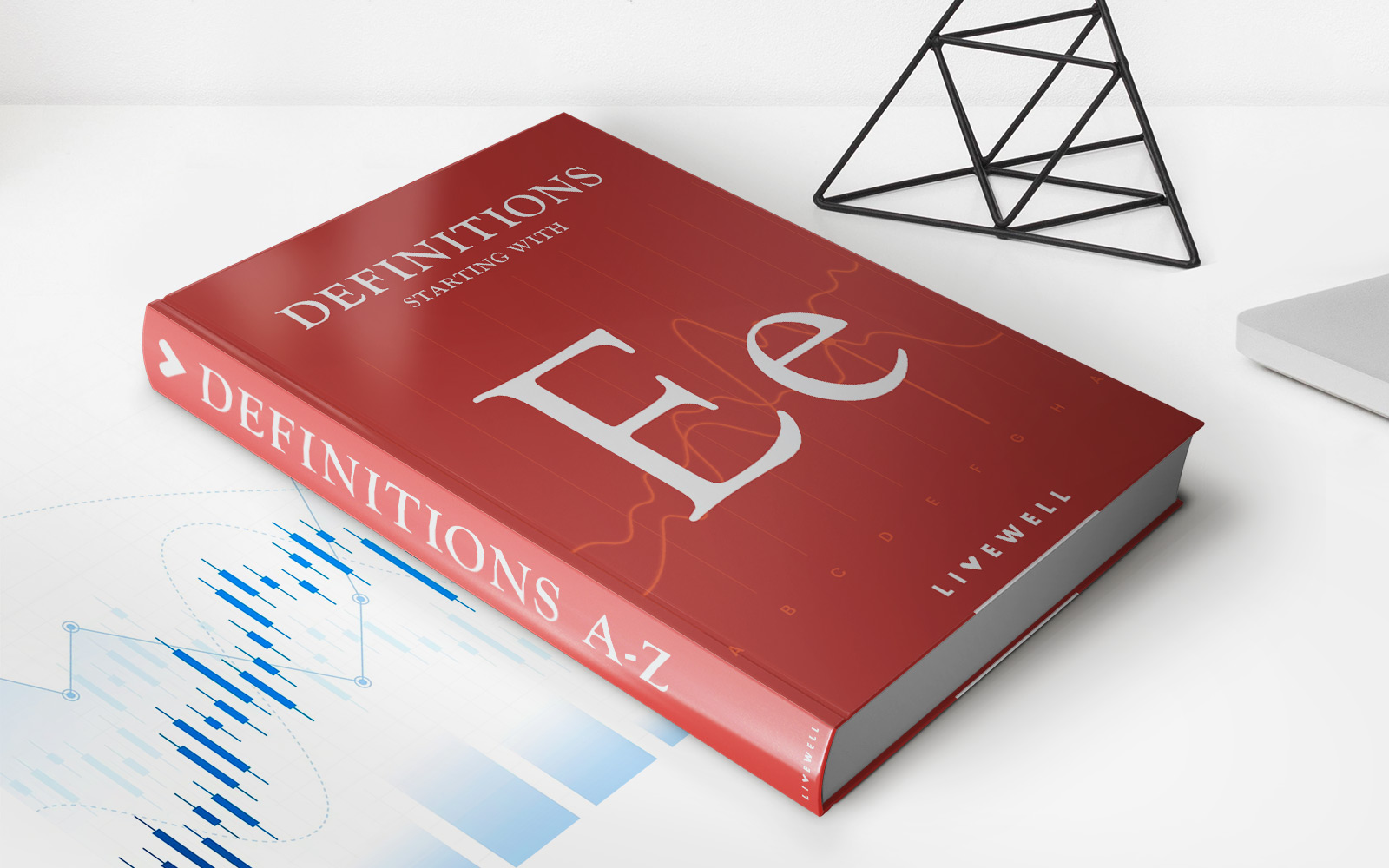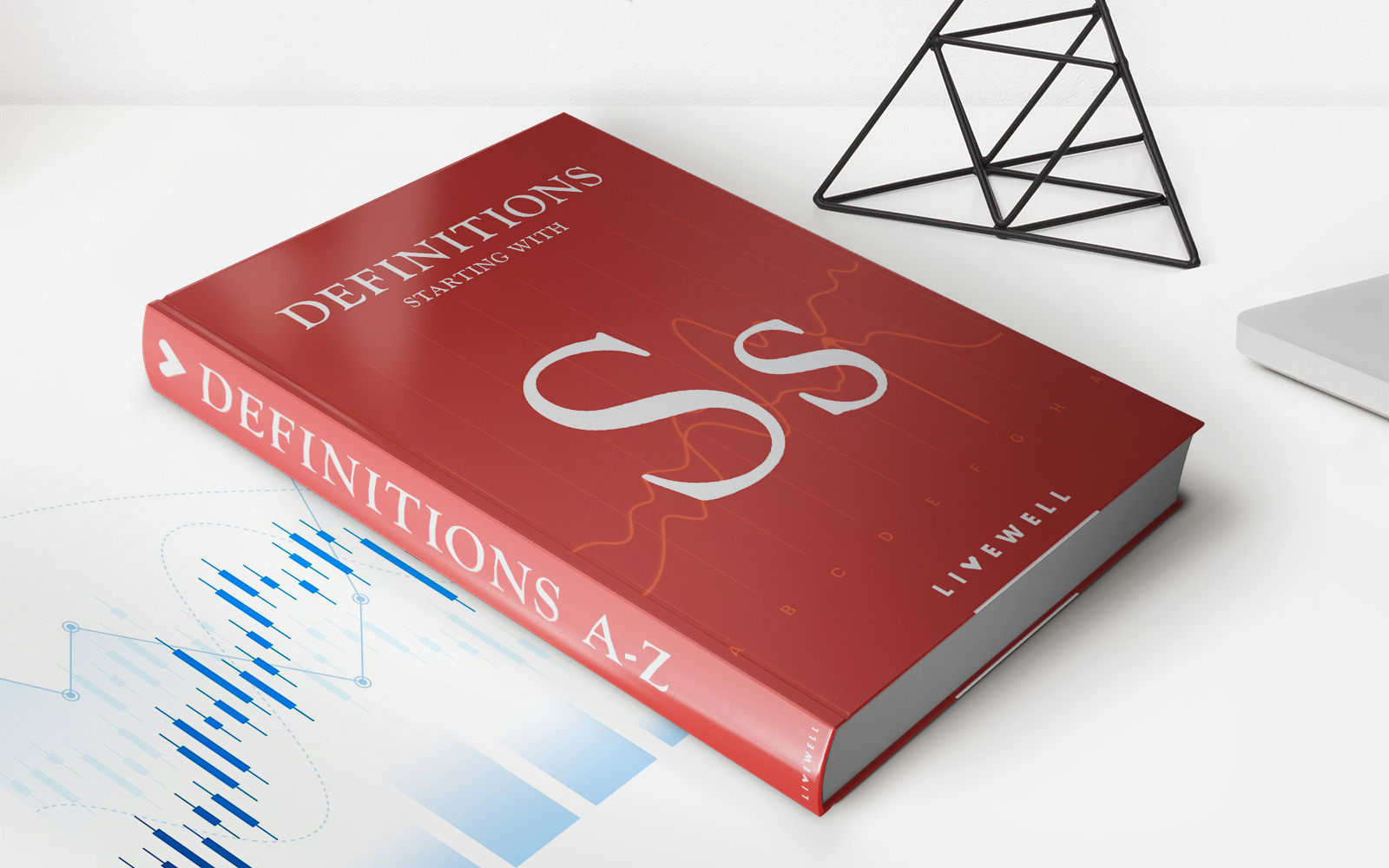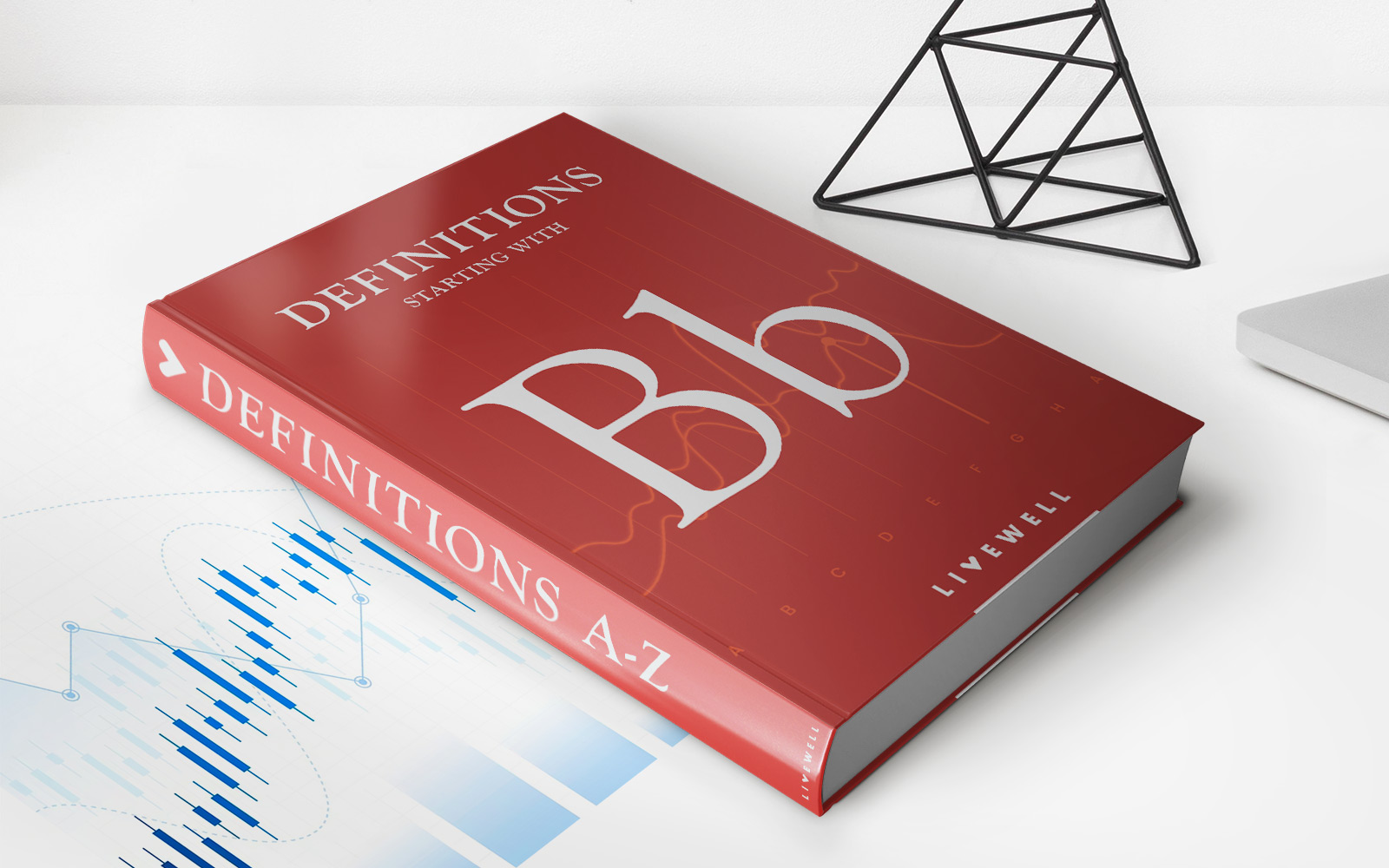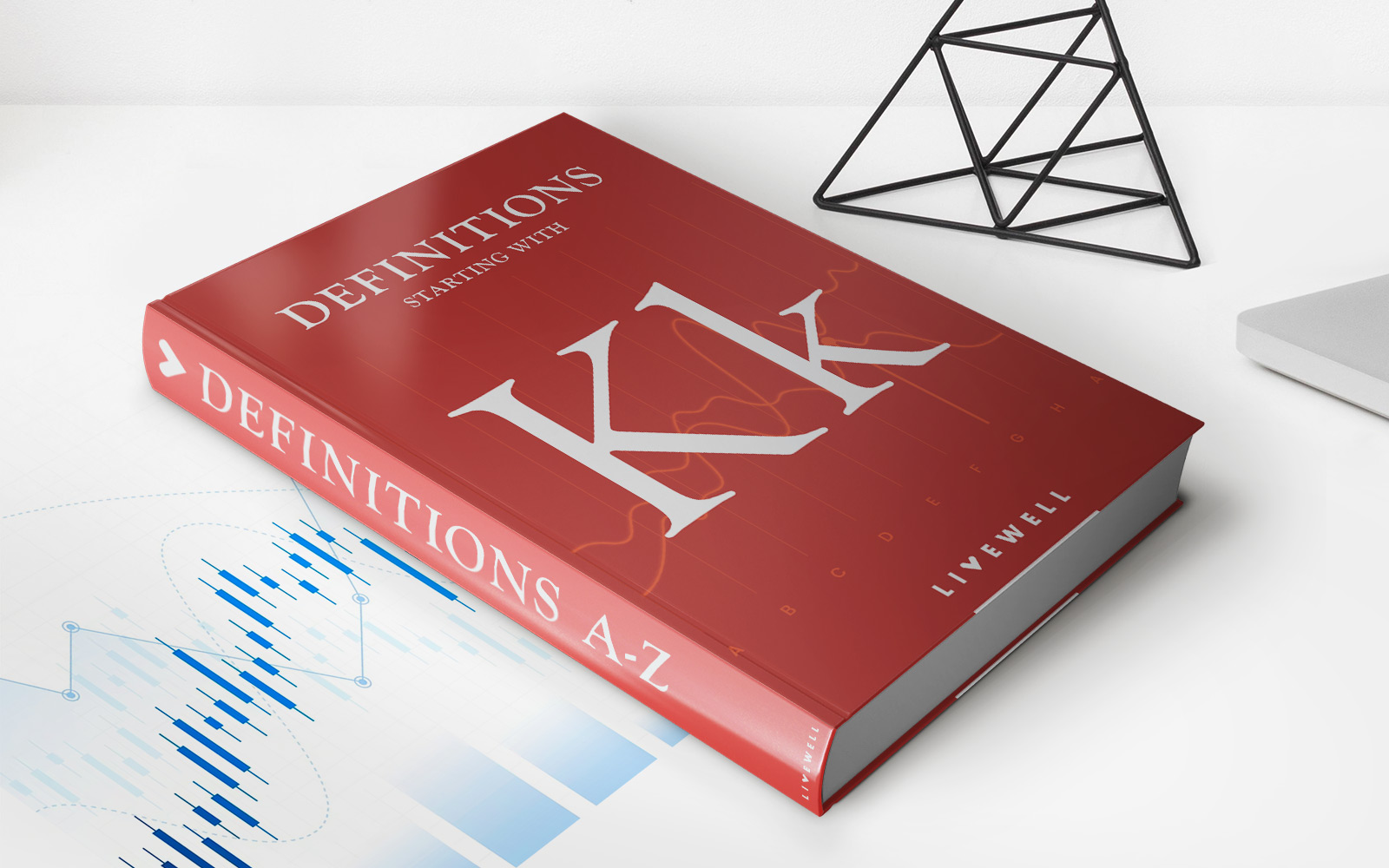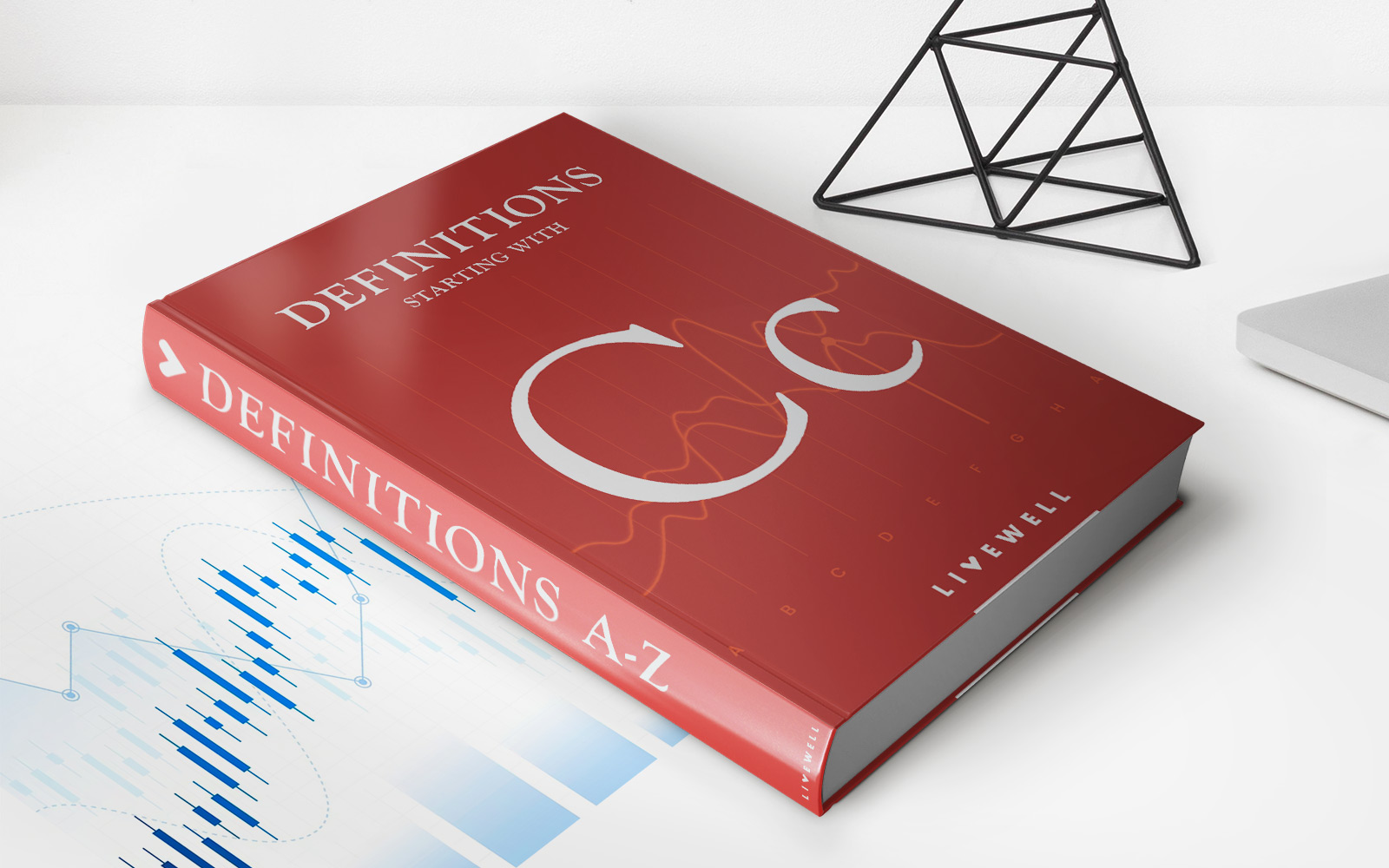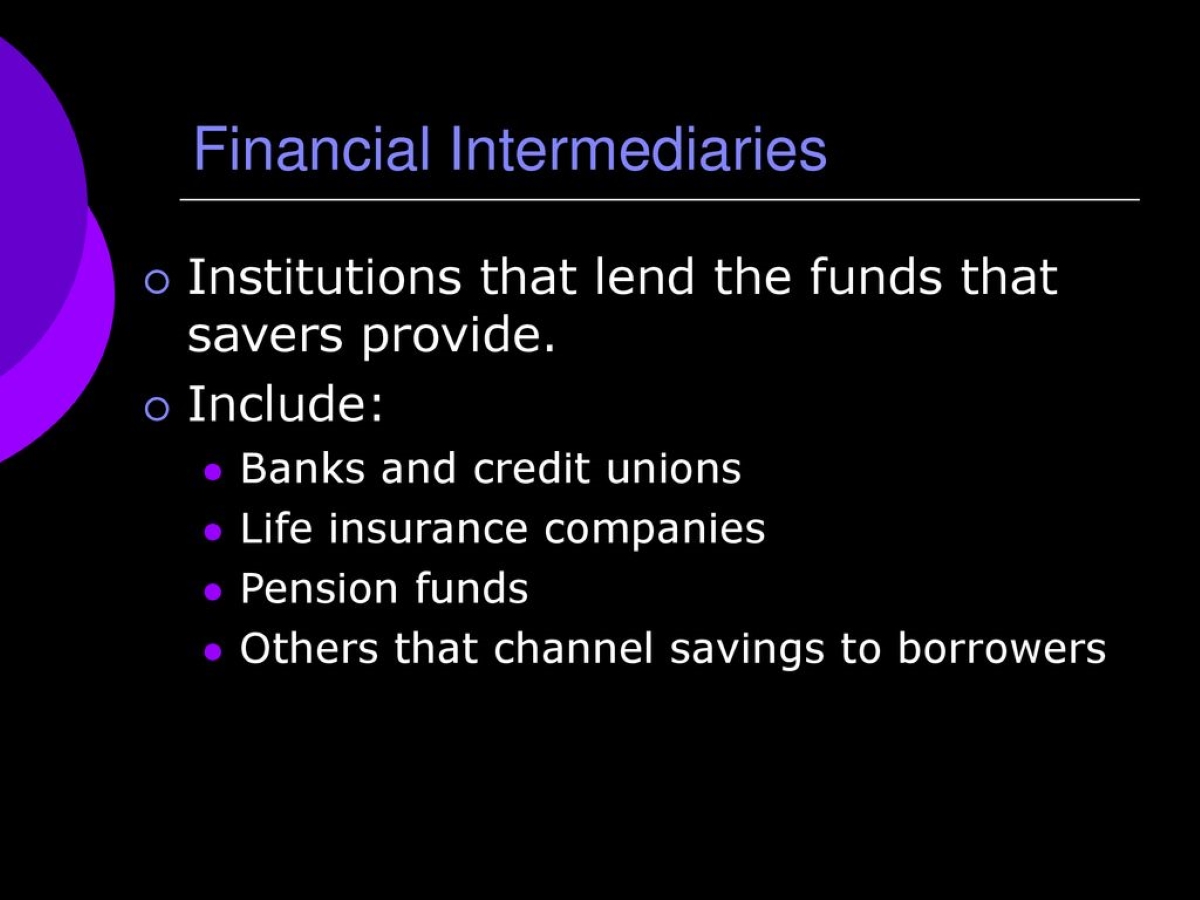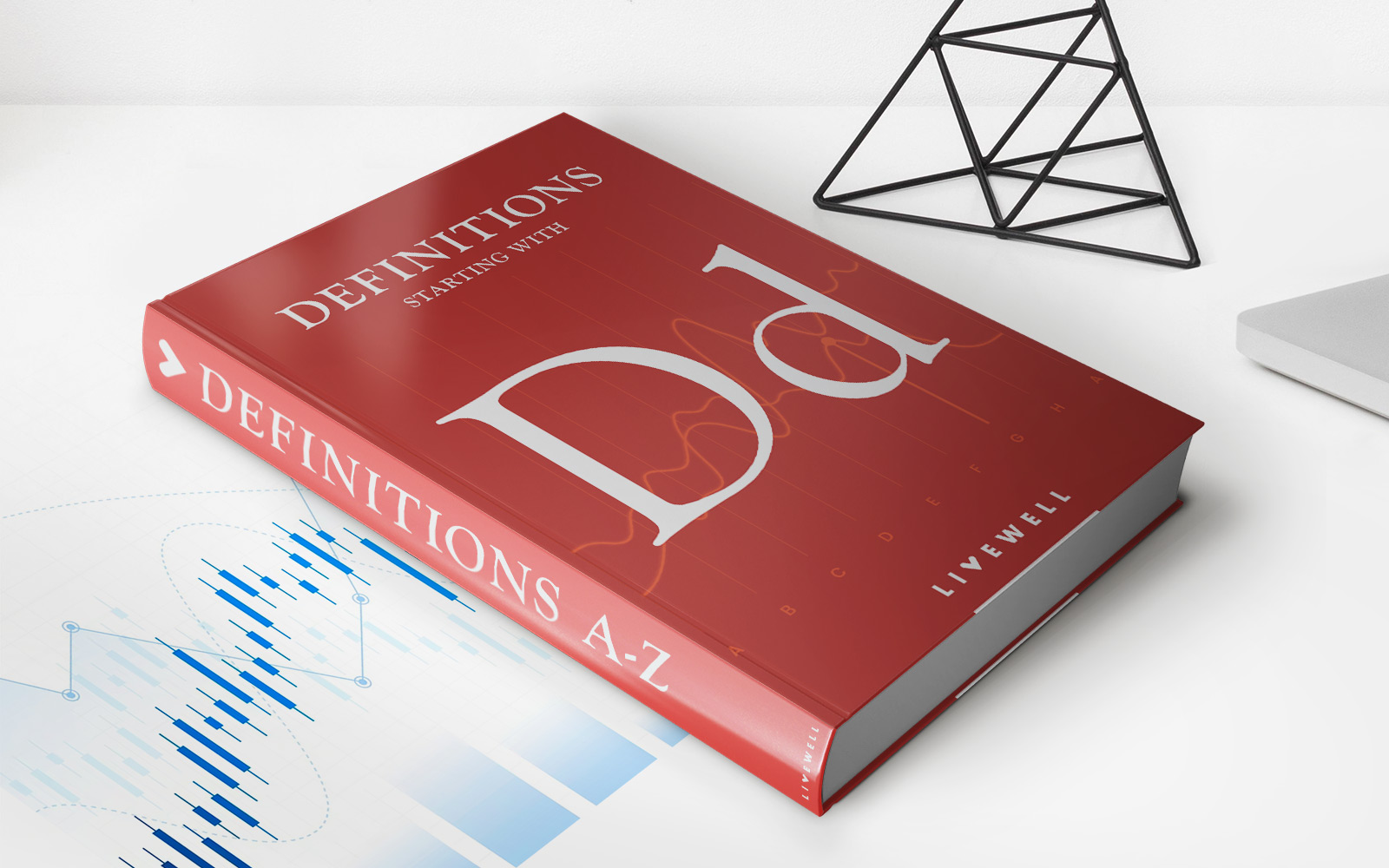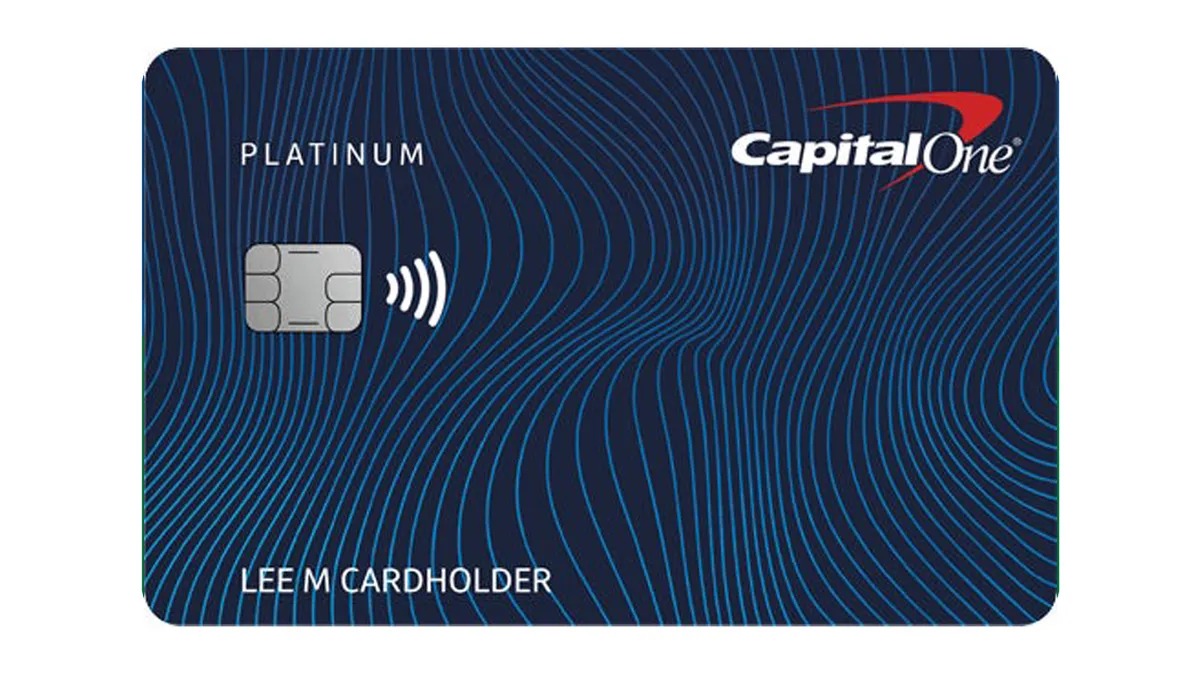Home>Finance>What Is A Stimulus Check? Definition, How It Works, And Criticism
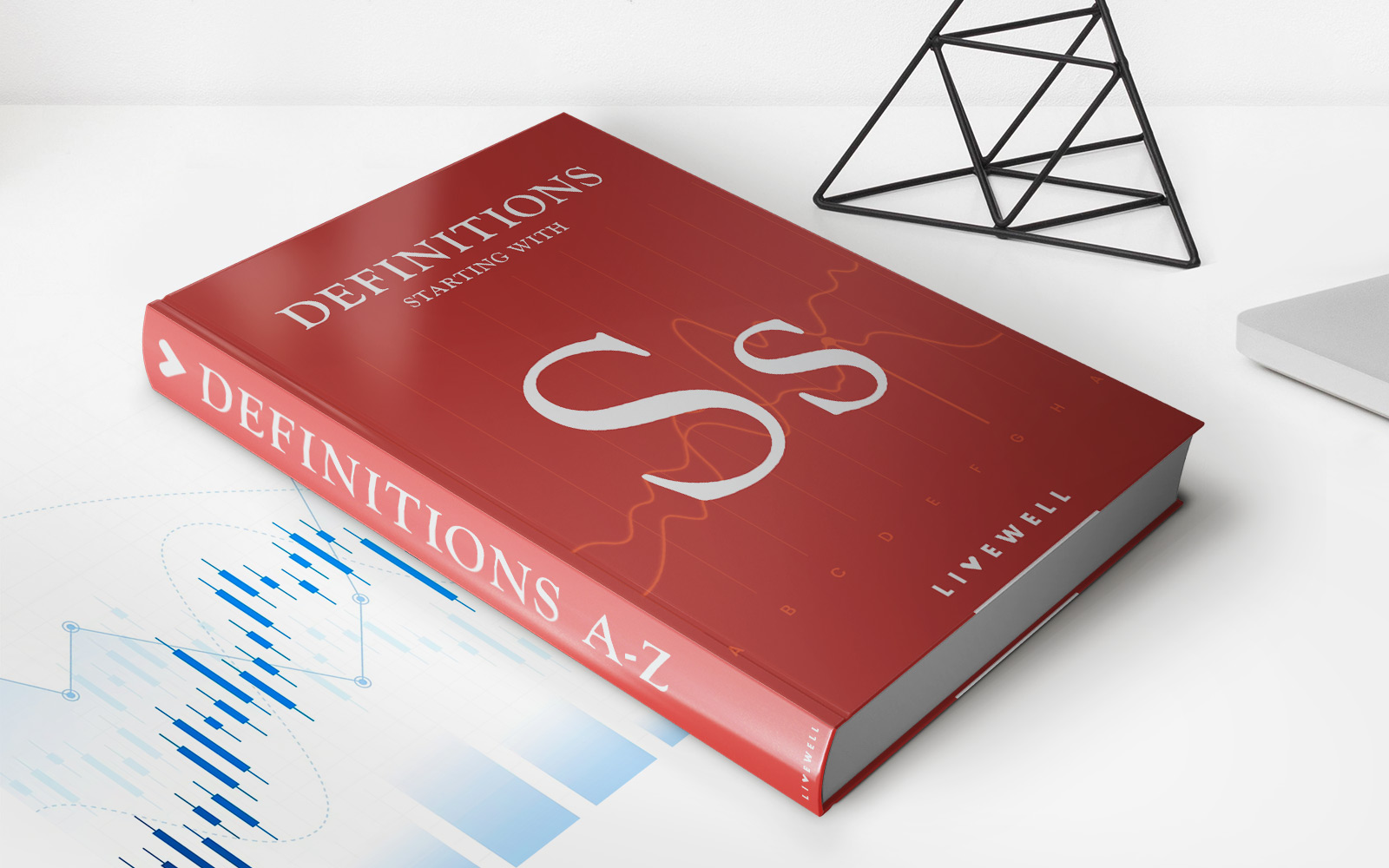

Finance
What Is A Stimulus Check? Definition, How It Works, And Criticism
Published: February 2, 2024
Learn about stimulus checks in finance: definition, how they work, and criticism. Gain insights into this important financial topic.
(Many of the links in this article redirect to a specific reviewed product. Your purchase of these products through affiliate links helps to generate commission for LiveWell, at no extra cost. Learn more)
Understanding Stimulus Checks: How They Impact Your Finances
As we navigate through challenging times, it’s crucial to stay informed about financial support options available to individuals and families. One such measure that has gained widespread attention is the stimulus check. In this article, we will explore the definition of a stimulus check, how it works, and some of the criticism surrounding it.
Key Takeaways:
- A stimulus check is a direct payment from the government to eligible individuals and families to help boost economic activity and provide financial relief during times of crisis.
- The amount of the stimulus check is determined by various factors, such as income level, marital status, and number of dependents.
Definition: What is a Stimulus Check?
A stimulus check, also known as an economic impact payment, is a direct payment made by the government to its citizens as a way to stimulate aggregate demand and provide financial support during times of economic uncertainty. The goal is to inject money into the economy, giving individuals and families the means to meet their essential needs and potentially spend on non-essential goods and services.
How Do Stimulus Checks Work?
Stimulus checks are typically disbursed through a process facilitated by the Internal Revenue Service (IRS). The eligibility and amount of the payment depend on various factors, including an individual’s income, tax-filing status, and the number of dependents they claim.
Generally, the IRS looks at the most recent tax return to determine eligibility and calculate the payment amount. However, different stimulus packages may have different eligibility criteria, so it’s essential to stay updated on current requirements.
Once eligible individuals or families have been identified, the stimulus payments are typically sent by direct deposit to the bank accounts provided to the IRS. If the IRS does not have the necessary banking information, they will mail a paper check or a prepaid debit card to the last known address.
Criticism of Stimulus Checks
While stimulus checks can provide temporary financial relief, they have also faced criticism from various perspectives.
- Economic Impact: Some critics argue that the impact of stimulus checks on the overall economy may be limited. They suggest that direct payments may not be enough to jump-start economic growth or address underlying structural issues.
- Fairness: Another criticism stems from concerns about the fairness of providing stimulus checks to all individuals, regardless of their financial need. Some argue that the funds could be better directed towards those who are most in need of assistance.
It’s important to consider that stimulus checks are just one tool in a broader economic stimulus package. Other measures, such as increased unemployment benefits, small business support, and infrastructure investments, complement these direct payments to support economic recovery.
While the debate around stimulus checks continues, it’s essential to keep in mind that these payments aim to provide immediate financial relief to those who may be facing financial hardships. Whether you are eligible for a stimulus check or not, it’s crucial to manage your personal finances wisely and seek expert guidance if needed.
Remember, staying informed and adapting to changing circumstances are key factors in navigating the financial challenges we face.
